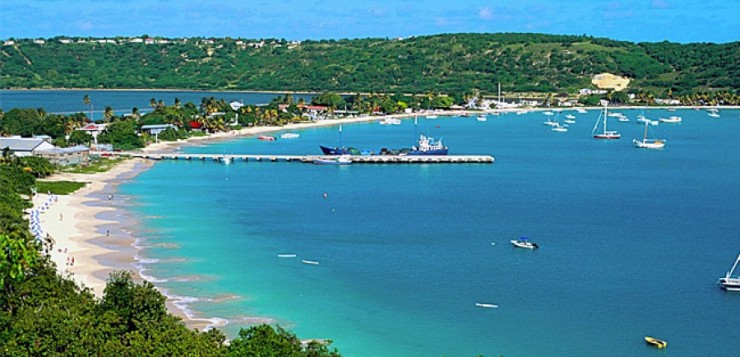The lure of the beauty of the Caribbean isn’t just for those seeking fun and relaxation. With over 60 medical schools listed in the International Medical Education Directory (IMED), the Caribbean has increasingly become the preferred destination for students seeking alternatives to their domestic medical schools.
The 25 most popular Caribbean medical schools are located on islands varying in size, demographic, and environment. Official languages of a majority of the region’s islands/countries are English, French, Spanish, Dutch, and Papiamento. Well-known tourist havens such as Aruba, Antigua, the Cayman Islands, St. Kitts and Nevis, share a common bond with smaller islands including Sint Maarten, Sint Eustatius, and Saba, in that each island is host to at least one medical school.
Aside from the tropical weather and sandy beaches, another commonality amongst medical schools located in the Caribbean is that most offer a curriculum based on that of U.S. medical schools with the goal of assisting students in passing the multiple components of the United States Medical Licensing Exam (USMLE), and similarly the Medical Council of Canada Qualifying Examination (MCCQE), on their way to becoming successful physicians.
Students of a four-year Caribbean medical school program generally attend classes on-island for the first 16 months (four Terms) of the basic sciences portion of their education. The fifth Term of the basic sciences is either continued on-island or at a location in the U.S. depending on the institution. Additionally, some programs include two years of pre-medical education, usually on-island, prior to the start of the basic sciences. This may be a viable option for students without necessary prerequisite training, or possibly as the starting point of their post-high school education.
The remainder of the medical education process, including clinical training and residency, is often completed in the U.S. and Canada, although some universities offer opportunities further abroad.
Students considering applying to a Caribbean medical school should first thoroughly research each institution to be sure it is recognized by the World Health Organization (WHO) and listed in IMED – a joint collaboration by the Educational Commission for Foreign Medical Graduates (ECFMG) and the Foundation for Advancement of International Medical Education and Research (FAIMER) – which is a “resource for accurate and up-to-date information about international medical schools that are recognized by the appropriate government agency in the countries where the medical schools are located.” (www.faimer.org)
Studying medicine in the Caribbean has been an experience shared by thousands of practicing physicians and offers a unique opportunity to students looking to study abroad.
Contributed by:
Steve Grantowitz
The American University of Integrative Sciences







